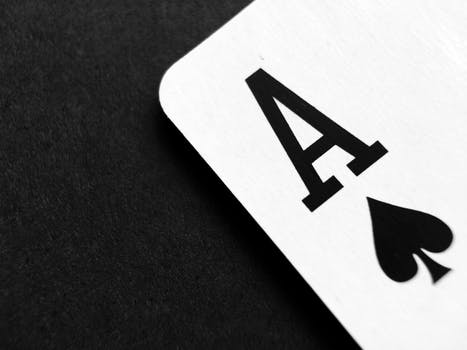Some of my friends here at school enjoy gambling. I’ve never been all that into gambling, so I’m not super familiar with the games or the culture, or anything. I was kind of surprised to learn that my friends do the vast majority of their gambling online. I suppose it’s more convenient that way, but how can online casinos compete with the big “real” casinos in the area? It’s not that far to drive to some pretty large and fancy ones. Is gambling online as popular with others as it is with my friends? How does it compete with physical casinos?
Gambling is one of the oldest forms of entertainment on earth. It began, most likely, as wagers between friends. It later evolved into an industry dominated by massive and luxurious casinos. And, today, it features casinos of a new type: online casinos.
It may not immediately be obvious how, in places like New Jersey, online casinos can survive alongside their brick-and-mortar competitors. But there’s no denying the fact that they are popular in those areas–and, indeed, are thriving all over: worldwide, the online gambling business earned $37.91 billion in 2015. Why is this?
Part of it, surely, is convenience. While the big casinos may be nearby, they’re not available on your computer–or, better yet, on the mobile devices that we now spend an average of five hours a day on.
Online gaming also offers a diversity of gambling options. Daily fantasy, for instance, is a form of online gambling that has made headlines with its popularity (and its problems) over the past few years. It’s a popular type of game that flourishes in its online medium, and it wouldn’t be nearly as feasible at a brick-and-mortar casino.
Price matters, too. While games and odds are generally the same between online casinos and their brick-and-mortar competitors (though some sources claim online casinos have slightly better odds), online casinos don’t cost players money in some of the non-gambling ways that their traditional cousins do. Hotels and other entertainment offerings may be part of the appeal of brick-and-mortar casinos, but they’re also often a part of the cost of a trip.
And then there’s the way that gambling fits into our larger lifestyle trends. It’s not just gambling that’s moved online: more and more of us are using websites to do things like pay bills, book trave, and watch movies. So why not gambling, too? When framed this way, it seems clearer than ever that your friends’ way of trying their luck is the future of gambling.
“You know, Hobbes, some days even my lucky rocket ship underpants don’t help.” — Bill Watterson, Calvin and Hobbes


